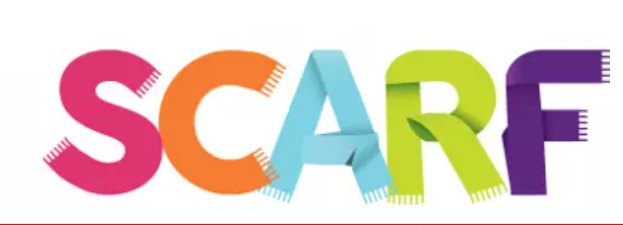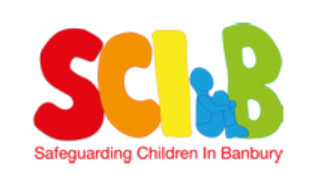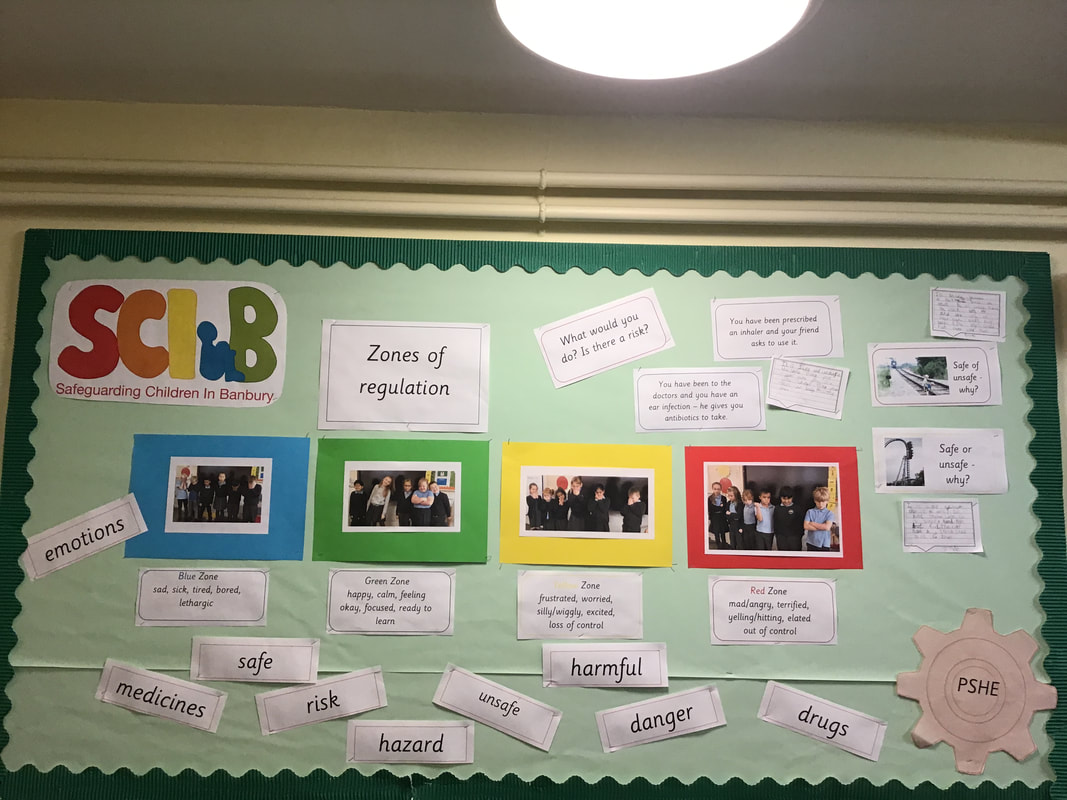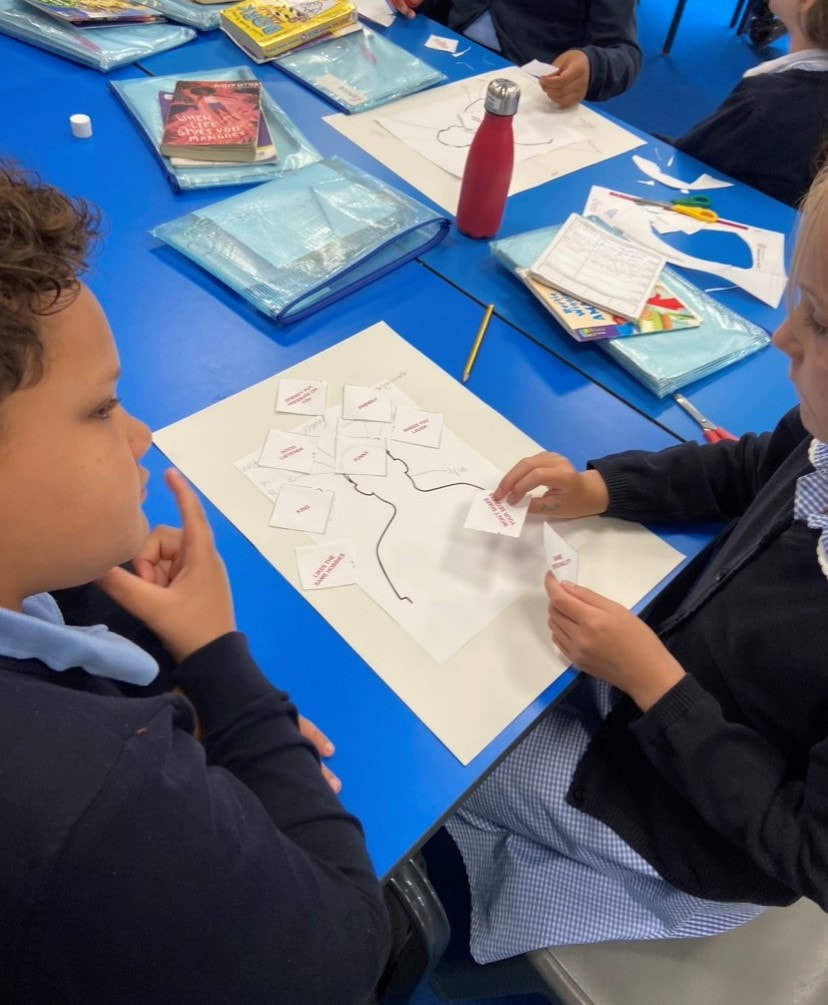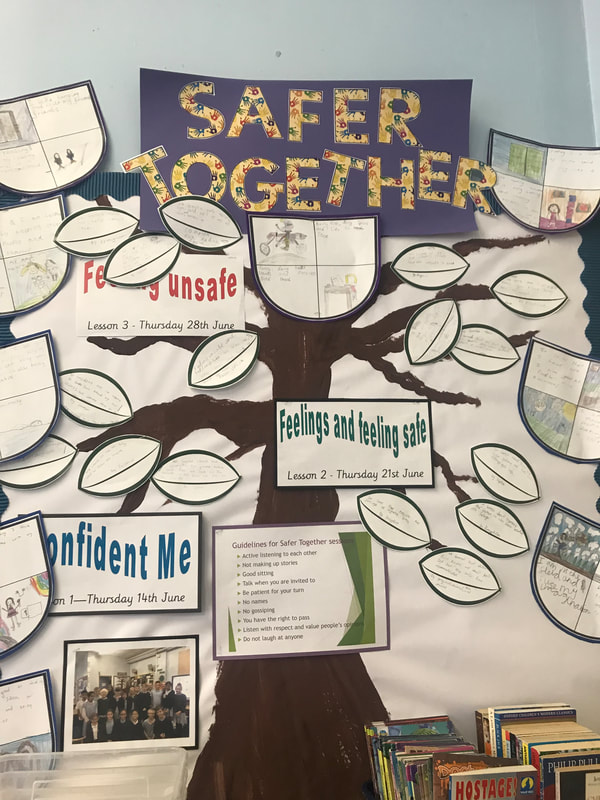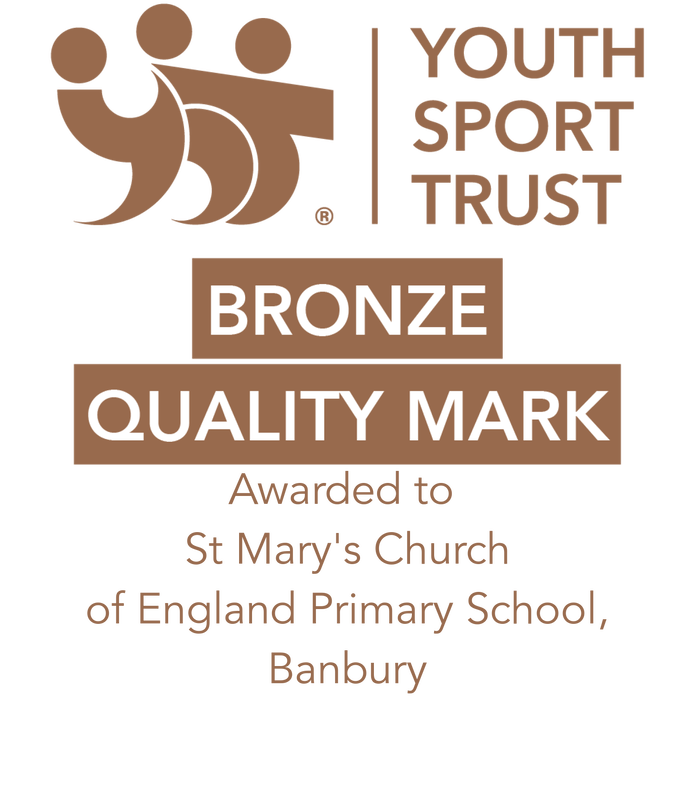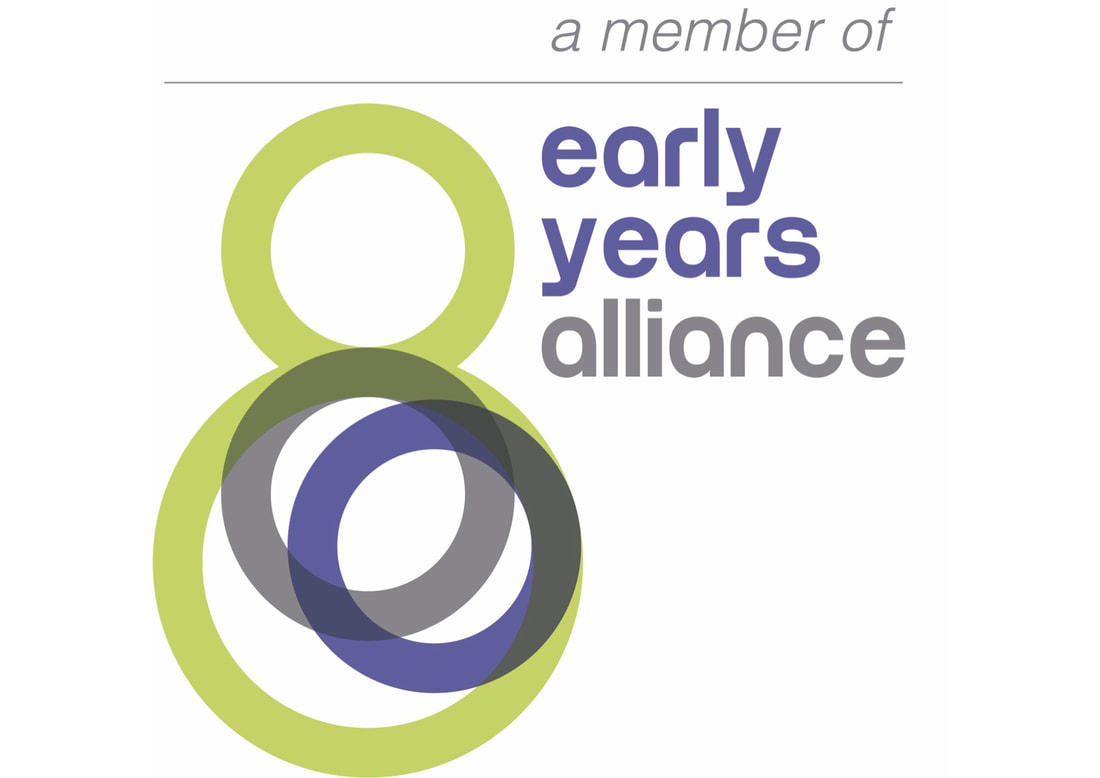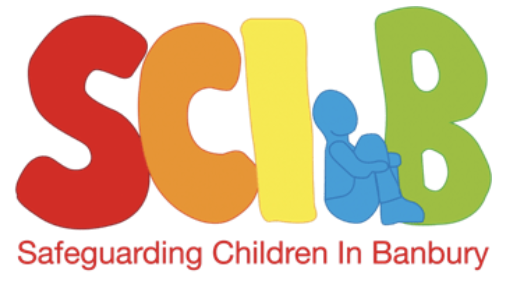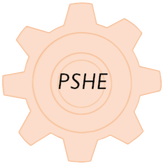
PSHE education is embedded in our school through our Christian values of koinonia, truth, endurance and compassion. It is one of the essential threads that runs through our Early Years Foundation Unit and into Key Stage one enabling children to work closely together and build relationships with each other. This is at the heart of their wellbeing and is a stepping stone towards collaborative and independent learning. The SCARF materials that we use in school, supports and contributes to the EYFS framework's Characteristics of Effective Learning statements, particularly Personal Social, Emotional Development (PSED), and Communication and Language. SCARF Early Years plans form part of a spiral curriculum that provides the essential building blocks needed to meet the Relationships Education and Health Education requirements.
As children continue their journey through our school, they learn their rights and responsibilities as members of a loving and caring community both to each other and for themselves with the intention that this transforms them in to 21st century citizens who are loving, resilient and aspirational.
In Key Stage 1 and 2, we have embraced the flexibility of PSHE being a non-statutory subject to support the children in being able to make safe choices both in school and beyond. This is achieved through dedicated SCiB (Safeguarding Children in Banbury) weeks focusing on three key aspects that have been identified in partnership with local school, Thames Valley Police and Cherwell District Council. These areas are: substance abuse, staying safe online and relationships education. St. Mary’s staff have been involved during every stage of the development of this programme from the initial steering group to the planning team involved in rewriting the latest version of the document. To raise the profile of PSHE, we have dedicated three weeks of the year to delivery of the programme.
To run in conjunction with these weeks, we have been involved in developing and implementing Protective Behaviour projects in years 3 and 4. The purpose of these projects is to enable children to listen to their early warning signs, make risk assessments and know who their trusted adults are when they do not feel safe. This work has been developed in conjunction with the Kingfisher team.
In response to the national knife crime issues, we have also been involved in a project with the local council and police force to deliver a series of lessons on being criminally responsible and the consequences of their actions beyond the here and now. This is Project 10.
In addition to these specific programmes, PSHE is a valued component of our cross-curricular project work. Recent examples include the ‘Writing wrongs’ project undertaken across the school where the children looked at a issue and took action. In Key Stage 2 the children explored the historical perspective of the issue and linked this to rights and responsibilities.
In response to health data identifying that the OX16 postcode has a high rate of teeth extraction due to poor hygiene, we have implemented a daily extra brush for all children in our school from pre-nursery to year 6 (temporarily suspended due to Covid 19 Risk Assessment).
Our curriculum gives children to revisit the same themes annually where they are able to apply their knowledge to age appropriate contexts. This overlearning approach is essential in enabling children to make safe and healthy choices at school and beyond. Our curriculum utilises the Coram Life scheme of work and the PSHE association objectives. Progression for individual learners is measured through pre and post assessment tasks relevant to the unit of work. If a teacher identifies a child requiring additional support to understand a concept or make good choices, they are supported in small nurture groups, focused interventions and the use of social stories.
Vulnerable learners are supported through PSHE so that they have the language and protective behaviours to help them risk assess situations and take the necessary action which may include taking to adults within the school community. TAs play an important role within this aspect of school life, supporting within lessons and on the playground.
As children continue their journey through our school, they learn their rights and responsibilities as members of a loving and caring community both to each other and for themselves with the intention that this transforms them in to 21st century citizens who are loving, resilient and aspirational.
In Key Stage 1 and 2, we have embraced the flexibility of PSHE being a non-statutory subject to support the children in being able to make safe choices both in school and beyond. This is achieved through dedicated SCiB (Safeguarding Children in Banbury) weeks focusing on three key aspects that have been identified in partnership with local school, Thames Valley Police and Cherwell District Council. These areas are: substance abuse, staying safe online and relationships education. St. Mary’s staff have been involved during every stage of the development of this programme from the initial steering group to the planning team involved in rewriting the latest version of the document. To raise the profile of PSHE, we have dedicated three weeks of the year to delivery of the programme.
To run in conjunction with these weeks, we have been involved in developing and implementing Protective Behaviour projects in years 3 and 4. The purpose of these projects is to enable children to listen to their early warning signs, make risk assessments and know who their trusted adults are when they do not feel safe. This work has been developed in conjunction with the Kingfisher team.
In response to the national knife crime issues, we have also been involved in a project with the local council and police force to deliver a series of lessons on being criminally responsible and the consequences of their actions beyond the here and now. This is Project 10.
In addition to these specific programmes, PSHE is a valued component of our cross-curricular project work. Recent examples include the ‘Writing wrongs’ project undertaken across the school where the children looked at a issue and took action. In Key Stage 2 the children explored the historical perspective of the issue and linked this to rights and responsibilities.
In response to health data identifying that the OX16 postcode has a high rate of teeth extraction due to poor hygiene, we have implemented a daily extra brush for all children in our school from pre-nursery to year 6 (temporarily suspended due to Covid 19 Risk Assessment).
Our curriculum gives children to revisit the same themes annually where they are able to apply their knowledge to age appropriate contexts. This overlearning approach is essential in enabling children to make safe and healthy choices at school and beyond. Our curriculum utilises the Coram Life scheme of work and the PSHE association objectives. Progression for individual learners is measured through pre and post assessment tasks relevant to the unit of work. If a teacher identifies a child requiring additional support to understand a concept or make good choices, they are supported in small nurture groups, focused interventions and the use of social stories.
Vulnerable learners are supported through PSHE so that they have the language and protective behaviours to help them risk assess situations and take the necessary action which may include taking to adults within the school community. TAs play an important role within this aspect of school life, supporting within lessons and on the playground.
We are in the process of moving to Arbor. You will be able to use the Parent Portal and the App to make payments for trips and events, after school club and school meals.
St. Mary's Church of England (VC) Primary School Southam Road Banbury OX16 2EG
Headteacher: Victoria Woods
Tel/Fax: 01295 263026 Email [email protected]
Headteacher: Victoria Woods
Tel/Fax: 01295 263026 Email [email protected]

